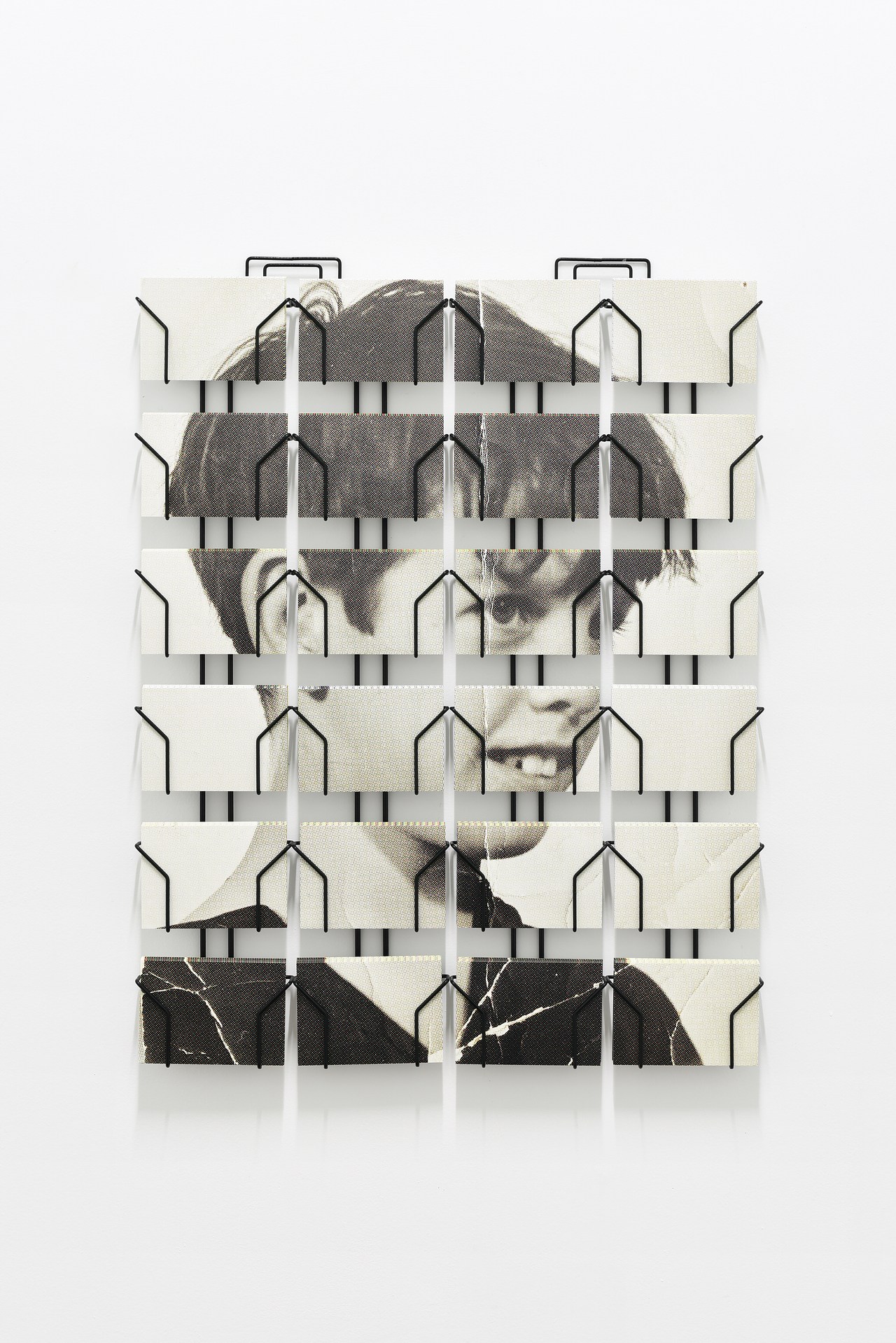Meeting #100
- Drawing & Print (Drawing & Print)
Jonathan Monk
Meeting #100 is one in a series of text works by Jonathan Monk. In this series, the artist attempts to organize meetings somewhere in the world. The audience is given the details of a meeting—the place, date and time—and nothing more. Meeting #100 specifies a meeting at “The Clock Tower, Leicester, England, May 7th 2024, Noon”. While the work indicates a very specific appointment in the future, the reason or goal of the meeting is intentionally unclear. This basic principle and structure always remains the same throughout the series. The invitation to meet is potentially open to an audience of thousands, which is theoretically more likely to result in a rally or demonstration rather than a brief encounter. The reception of the work changes at the very moment of the meeting, when anticipation gives way to memory and nostalgia.
Jonathan Monk re-fashions and re-examines seminal works of Conceptual and Minimal art through witty, ingenious, and irreverent means. Through wall paintings, monochromes, ephemeral sculpture, and photography, Monk reflects on the tendency of contemporary art to canabilize references, while paying homage to figures such as Sol LeWitt, Ed Ruscha, Bruce Nauman and Lawrence Weiner. Monk’s art practice does not follow any specific style; it doesn’t contain any common characteristic to identify his work at first glance. The amount and variety of his works poses questions about what supports them. Demystifying the creative process, Monk often employs appropriation, humor, irony, and anecdote in his work. To enter an exhibition of works by Jonathan Monk is like taking part in a treasure hunt, made up of digressions and space-time manipulations.
Colors:
Related artist(s) to: Jonathan Monk » Ryan Gander, » Maurizio Cattelan, » Claire Fontaine, » Douglas Gordon, » Andy Warhol, » John Baldessari, » Joseph Kosuth, » Sol Lewitt, » Adam Carr, » Dan Graham

© » KADIST
Claire Fontaine
2006Foreigners Everywhere is a series of neon signs in several different languages...

© » KADIST
John Baldessari
1997In One Must , an image of a pair of scissors, accompanied by the words of work’s title, poses an ominous question about the relationship between the image and the text...

© » KADIST
Douglas Gordon
1996In Monster (1996-97), the artist’s face becomes grotesque through the application of strips of transparent adhesive tape, typical of Gordon’s performance-based films that often depict his own body in action...

© » KADIST
Douglas Gordon
2004Douglas Gordon’s single-channel video The Left Hand Can’t See That The Right Hand is Blind, captures an unfolding scene between two hands in leather gloves—at first seemingly comfortable to be entwined, and later, engaged in a struggle...

© » KADIST
Douglas Gordon
2002Blind Spencer is part of the series “Blind Stars” including hundreds of works in which the artist cut out the eyes of Hollywood stars, in a symbolically violent manner...

© » KADIST
Ryan Gander
2012Epiphany…learnt through hardship is composed of a bronze sculpture depicting the model of the little dancer of Degas, in the pose of a female nude photographed by Edward Weston (Nude, 1936) accompanied by a blue cube...

© » KADIST
John Baldessari
1991The voids in Baldessari’s painted photographs are simultaneously positive and negative spaces, both additive and subtractive...







